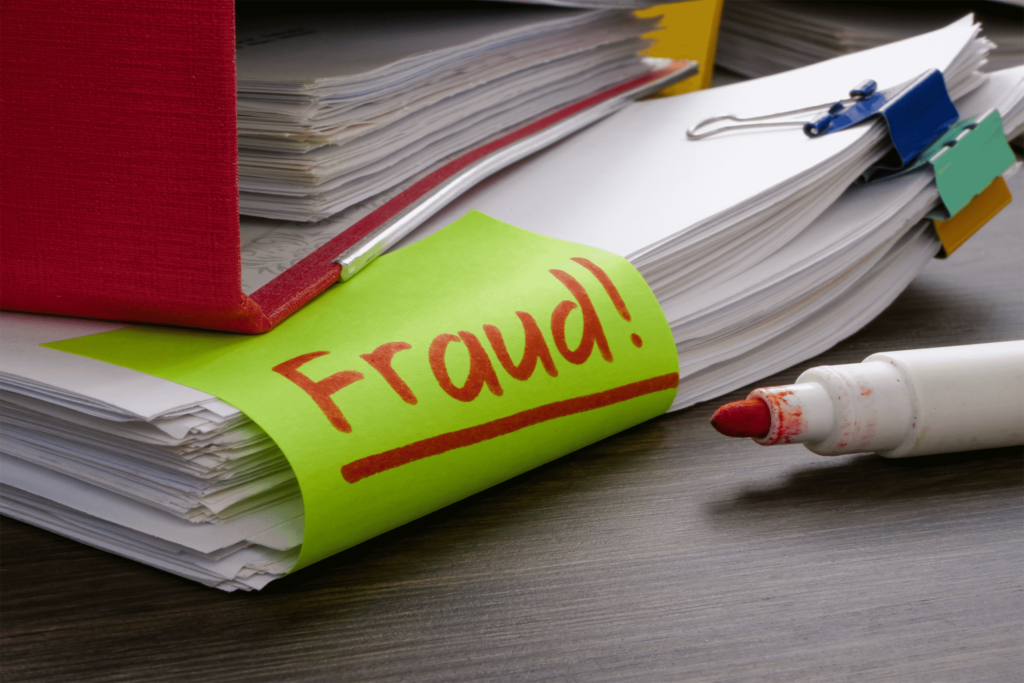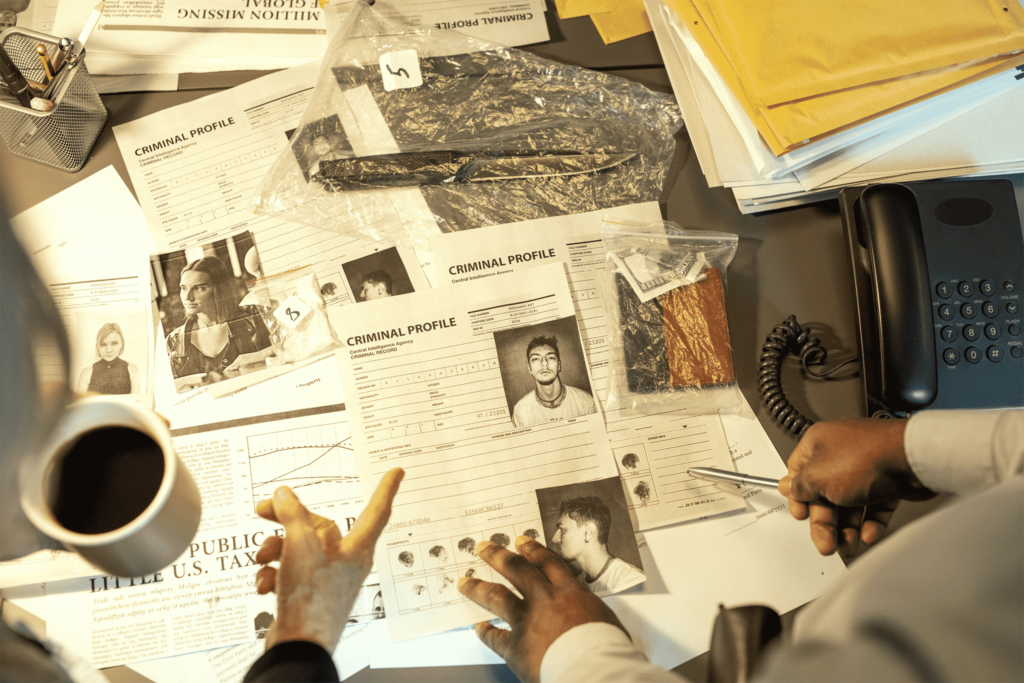

Affordable Solutions.
Personalized Service.
Attention to Detail.
Saul Gordon
CPA, CFE, CIA, CA(SA)
Monday, May 20th, 2024
Fraud Examination/Fraud Investigation
Dealing with being the victim of fraud may be quite difficult. A person can feel a range of emotions such as anger, embarrassment, self-blame, etc. In addition, there may be a reluctance/hesitation to start a fraud examination unless there is already clear evidence of fraud being present. Of course, if there is a fraud underway, this delay will usually result in greater financial losses.
Fraud examination is a subset of forensic accounting. While not all forensic accounting cases include issues of fraud, this comes up on many cases that SGI is approached to work on in its forensic accounting services work.
Fraud examinations can include an examination of occupational fraud cases, as well as various other cases in which fraud can be committed, e.g., fraud committed by trustees, executors, conservators, vendors, customers, lenders, investment-seekers, spouses, former spouses, other family members, business owners (including shareholders, members and partners), and others. Some types of cases involve embezzlement (someone entrusted with money steals it). Financial analysis can detect the fraudulent activity and assess the losses. A forensic accountant may use various methods to assess the risk of fraud occurring in conjunction with fraud detection procedures.
Where transactions or circumstances seem questionable, unusual, irregular, unexpected, suspicious or don’t make sense, or there are red flags, inconsistencies, misstatements, falsifications, fictitious items, lies, contradictions, non-disclosures, deceptions or omissions present, a victim or possible victim may seek a fraud examination forensic accounting service.
Since fraud involves deception, fraudsters usually take actions to conceal the fraud and may even create confusion or chaos so that the fraud is more difficult to detect. SGI often works with volumes of documents (including disorganized and incomplete documents) that can make a non-forensic accountant’s head spin. Saul is very used to making sense out of confusing or even chaotic situations. Saul has provided clarity and answers to attorneys, parties and others. Sometimes, people are more bothered by the breach of trust than by the loss of money. They want to know if they have been lied to by someone they trusted and want to know what really happened – they want to know the truth. A fraudster may never confess even when presented with overwhelming evidence of the fraud. This can be very distressing to some people who feel that they need an actual confession in order to be able to move on. The clarity brought to them by forensic accounting work may help them to feel more at peace and allow them to move forward even without an actual confession.
It is not always possible to know the full extent of the fraud that has been committed. Even with a confession from a fraudster, often fraudsters will under-confess the amount taken. What they confess the amount of the loss to be may only be the tip of the iceberg. Oftentimes, when someone has committed fraud in one area of a business or a person’s finances (such as by an assistant, spouse, conservator, business partner or otherwise), they may also commit fraud in some or all of the other areas of the finances that they had access to.
The key difference between fraud and error is intent. Indicators of intent such as amount, frequency, skill level, corroboration, etc. need to be considered, e.g., it is unlikely to implausible that someone accidentally transferred money from your account to theirs over and over again or submitted the very same expense for reimbursement repeatedly or wrote themselves a check for $1 million from your account to themselves even one time “by mistake.”
There may have been a fraud but it is unknown who is responsible for the fraud. A forensic accountant can determine the person(s) responsible. Fraudsters can be physically attractive, charming and charismatic and they may have the ability to lie convincingly. People may mistakenly believe that such a person is not capable of fraud. If you have reason to suspect fraud, contact SGI for a consultation.
